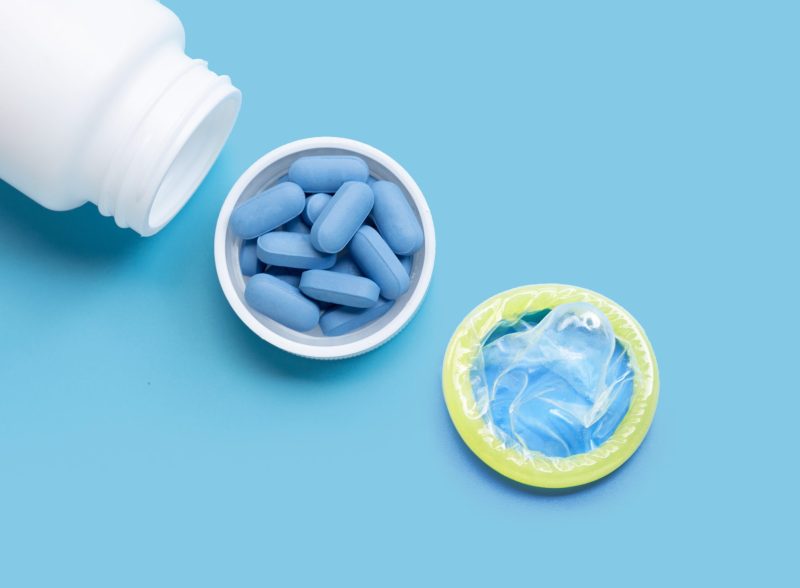If you have been diagnosed with HIV and take gender-affirming hormones, your HIV treatment will be tailored to make it safe for you to continue hormone therapy.
Key things to know
HIV treatments are generally safe for trans and non-binary people who receive hormone therapy.
However, some HIV treatments can interact with hormone therapy. It is important to let your HIV doctor know about any hormones you’re taking (including unprescribed ones) so that your HIV treatment can be tailored appropriately.
If you’ve recently been diagnosed with HIV, we can help you to cope with your diagnosis and access treatment. We’re here to support you in whatever ways you need.
Get in touch
Testing for HIV
If you are sexually active, it is important to get tested for HIV and other STIs every 3 months. Getting an HIV test is quick, easy and confidential.
There are many ways to get tested for HIV.
- Get tested at Waverley Care by booking using our service finder.
- NHS sexual health clinics offer a ‘one-stop shop’ for regular sexual health check-ups.
- Many GP surgeries are able to provide sexual health testing, including HIV testing.
- You can test for HIV and many STIs at home by ordering home-testing kits online.
Read more about HIV testing and the types of tests that are available. You can also contact LGBT Health and Wellbeing’s trans support service for more information.
PrEP for trans and non-binary people
Daily PrEP is effective for any kind of sex and is recommended for trans and non-binary people. If you take oestrogen or have vaginal/frontal sex, event-based PrEP is not recommended. PrEP does not interact with gender affirming hormones, meaning it is safe to take both.
- In the UK, BHIVA recommends HIV-negative trans women and trans men who have condomless sex take PrEP daily.
- Trans people who only have anal sex can use event-based PrEP. In clinical trials, it has been found to provide the same level of protection as for cisgender men who have anal sex with men.
- However, research by the charity NAM suggests that hormones taken by trans women can slightly lower the levels of the PrEP drug tenofovir, but not enough to affect the efficacy of PrEP when taken daily.
Find out more about PrEP here.
Gender-affirming hormones and HIV treatment
Taking gender-affirming hormones alongside HIV treatment is generally safe, but there may be some interactions between certain HIV treatments and hormone therapy.
If you’re living with HIV and receiving hormone therapy, your HIV treatment will be tailored to avoid or reduce interactions so you can continue taking hormone therapy. It is therefore important that your HIV doctor knows about any hormones you’re taking (including unprescribed ones) so that your HIV treatment can be tailored.
It’s also important to have your hormone levels and overall health monitored regularly by HIV doctor.
Looking for support?
We know that, as a trans person, it can be daunting to talk about sex with professionals, but you deserve to take charge of your own sexual health. If you need support or advice, we are here to help.




